
As a neurologist, I always try to carry out an in-depth investigation. In my point of view, when a patient seeks professional help, it’s not only important to offer them a medication, but above all to seek answers to what afflict them and thus help them have a better quality of life.
I prioritize the excellence of clinical medicine, which encompasses: listening to the patient, examining them properly, requesting relevant tests, explaining the first impressions and starting, when indicated, some medication.
In a second moment, after a more refined analysis of the situation based on the requested exams, I talk to the patient about the diagnosis, treatment and prognosis.
Neurology is a challenging medical specialty because it covers extremely complex areas like the brain, spinal cord and nerves. These components oversee taking care of all the other systems via uncountable connections.
Although we’re still far from a comprehensive knowledge about this puzzling system, new discoveries are always coming out to ease more accurate diagnosis and treatment.
I’m always optimistic and excited about what the future holds for my field because at the end what really matters is the well-being of my patients.
Do you know what kind of problems a Neurologist can investigate and treat?
Take a look:
- HEADACHES
- FORGETFULNESS / DEMENTIAS / ALZHEIMER’S DISEASE
- TREMOR / PARKINSON’S DISEASE
- WEAKNESSES / PARALYSIS
- IMBALANCE
- FAINTING / SEIZURES / EPILEPSY
- PAIN / TINGLING / BURNING / SHOCK / NUMBNESS
- NEUROPATHY
- MUSCLE DISORDERS
- MYASTHENIA
- DOUBLE VISION (DIPLOPIA) / DROOPING EYELID (PTOSIS) / EYE DEVIATION
- STROKE (HEMORRHAGE OR ISCHEMIA)
- BRAIN AND SPINAL CORD TUMORS
- SLEEP DISORDERS (INSOMNIA / SLEEP-RELATED MOVEMENT OR BEHAVIOR DISORDERS / APNEA)
- MENINGITIS
- SPINAL CORD DISORDERS
- FACIAL PARALYSIS
- TRIGEMINAL NEURALGIA
- POST-HERPETIC NEURALGIA
- ADHD
- MOVEMENT DISORDERS (TREMOR/DYSTONIA/CHOREA)
- RESTLESS LEG SYNDROME
- MULTIPLE SCLEROSIS
- AMYOTROPHIC LATERAL SCLEROSIS
- URINARY AND FECAL DYSFUNCTION
- SPEECH DISORDERS/ APHASIA
- GAIT DISORDERS
- UNSTEADINESS / INCOORDINATION (ATAXIA)/ DIZZINESS
Main Attendances
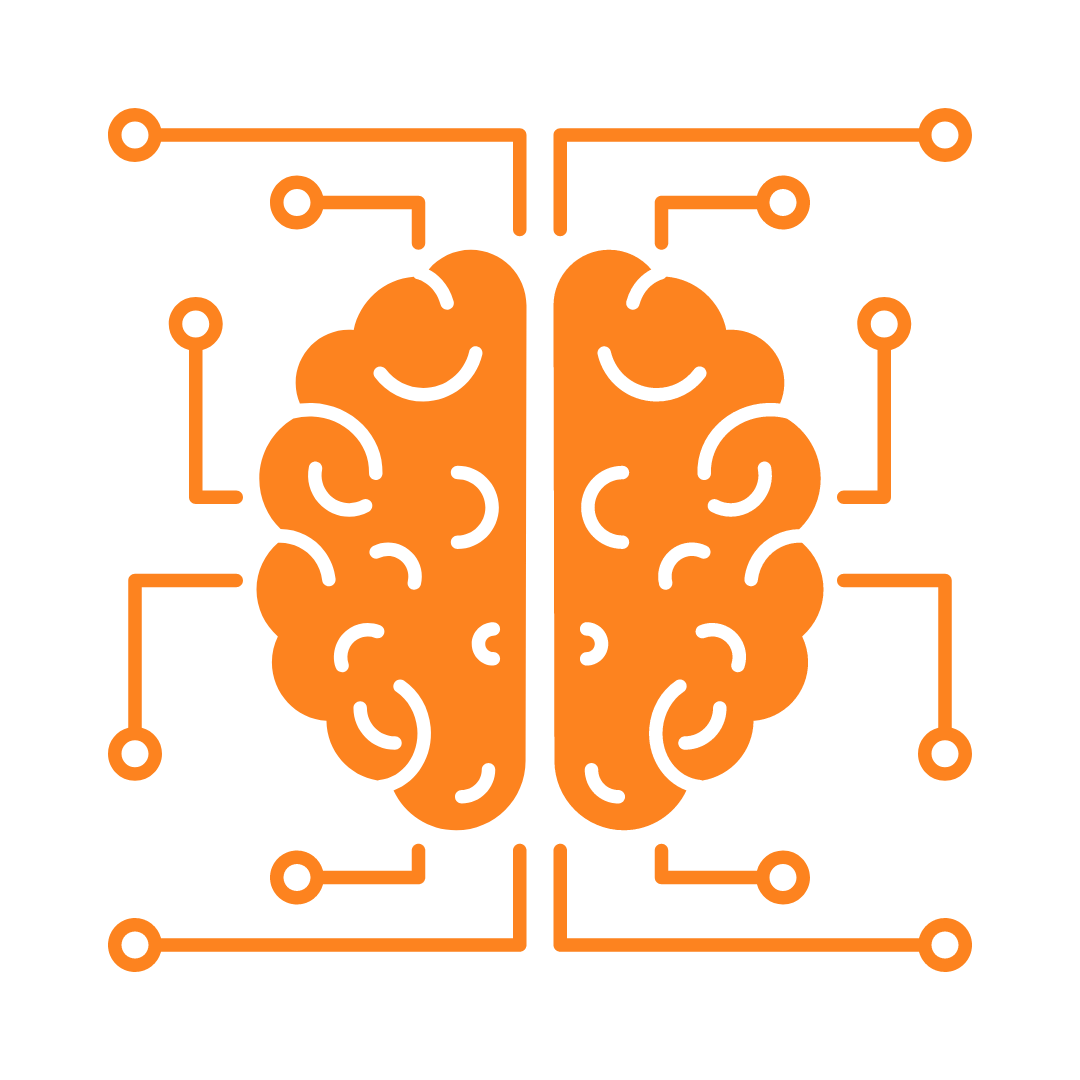
CONSULTATIONS IN GENERAL NEUROLOGY
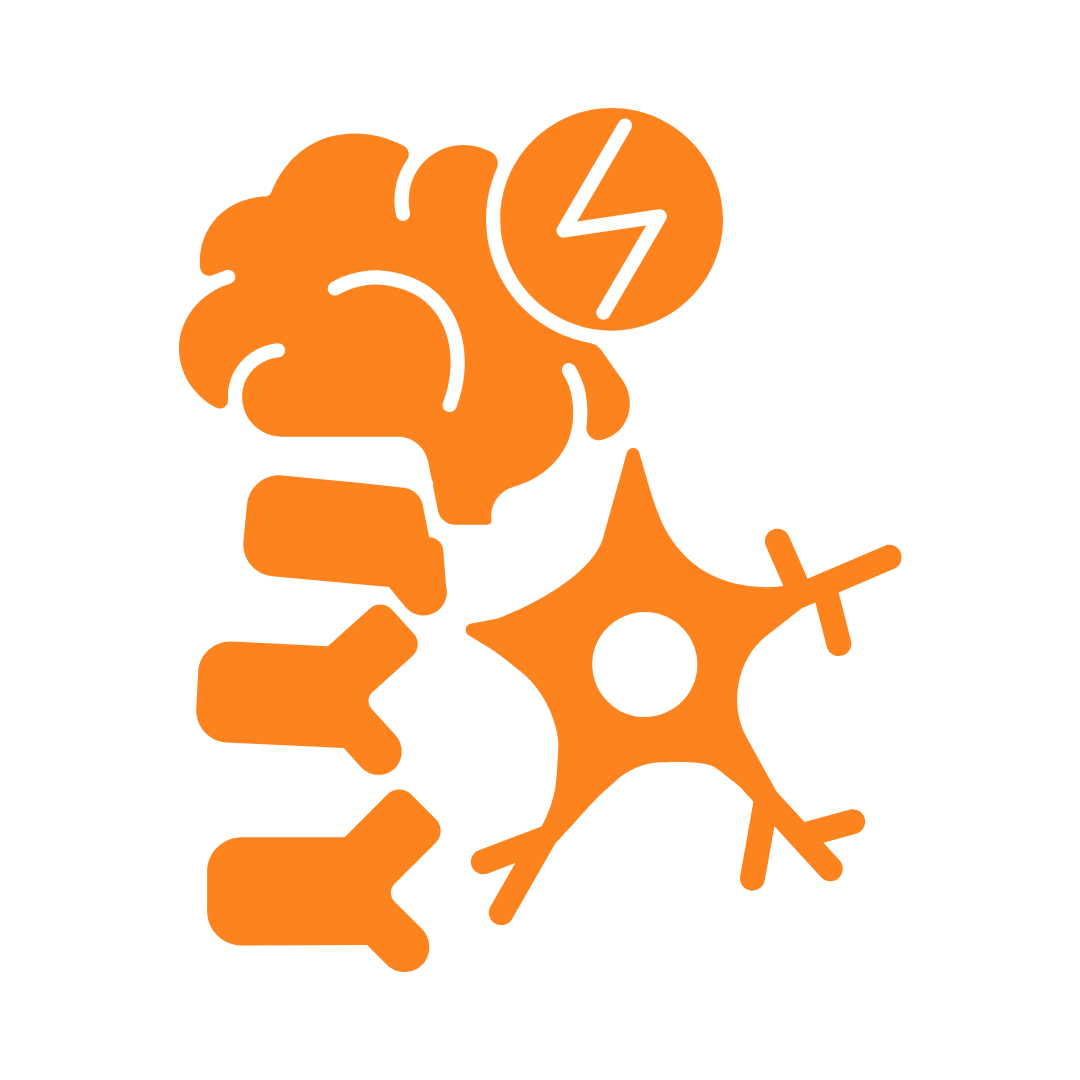
CONSULTATIONS IN NEUROMUSCULAR DISORDERS
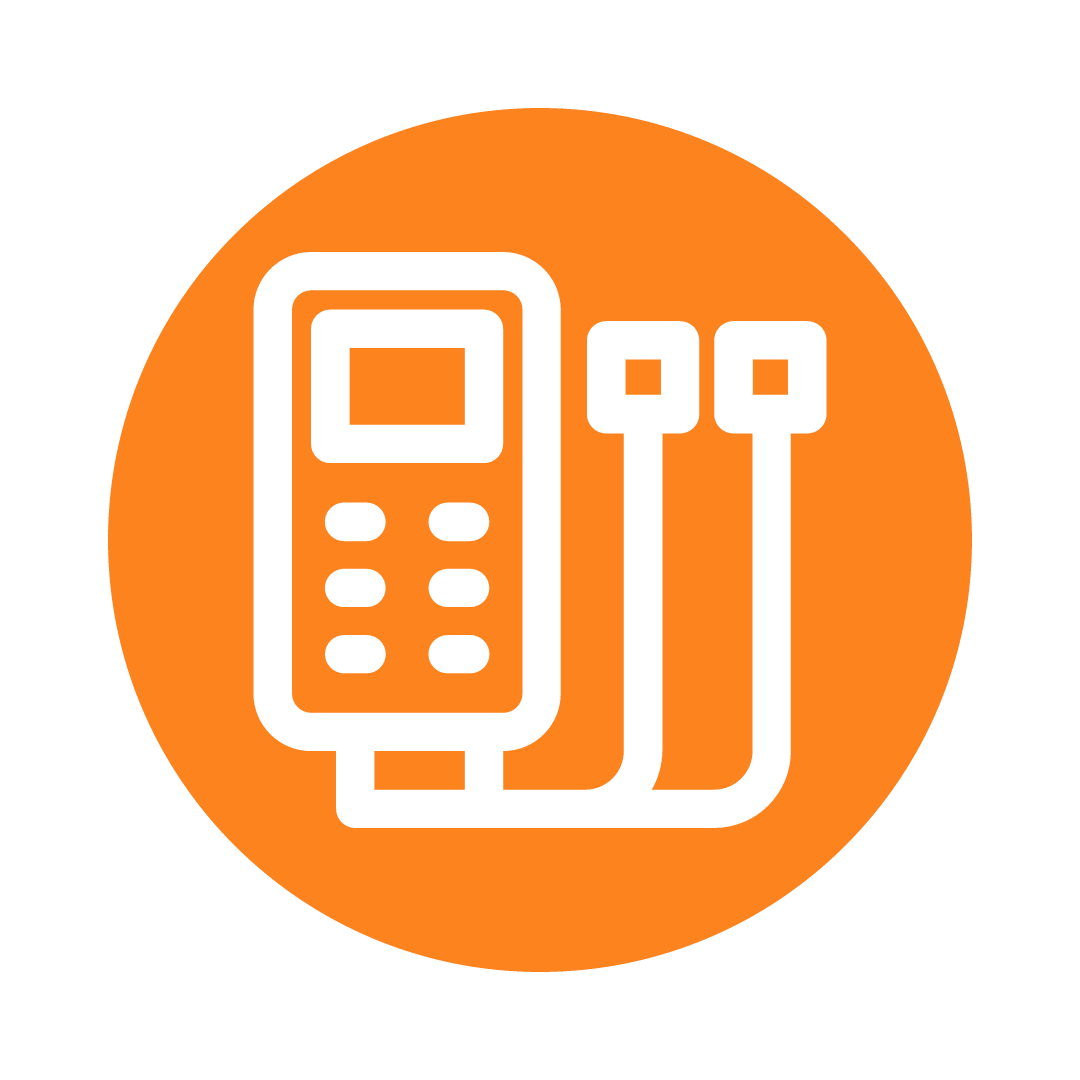
ELECTROMYOGRAPHY
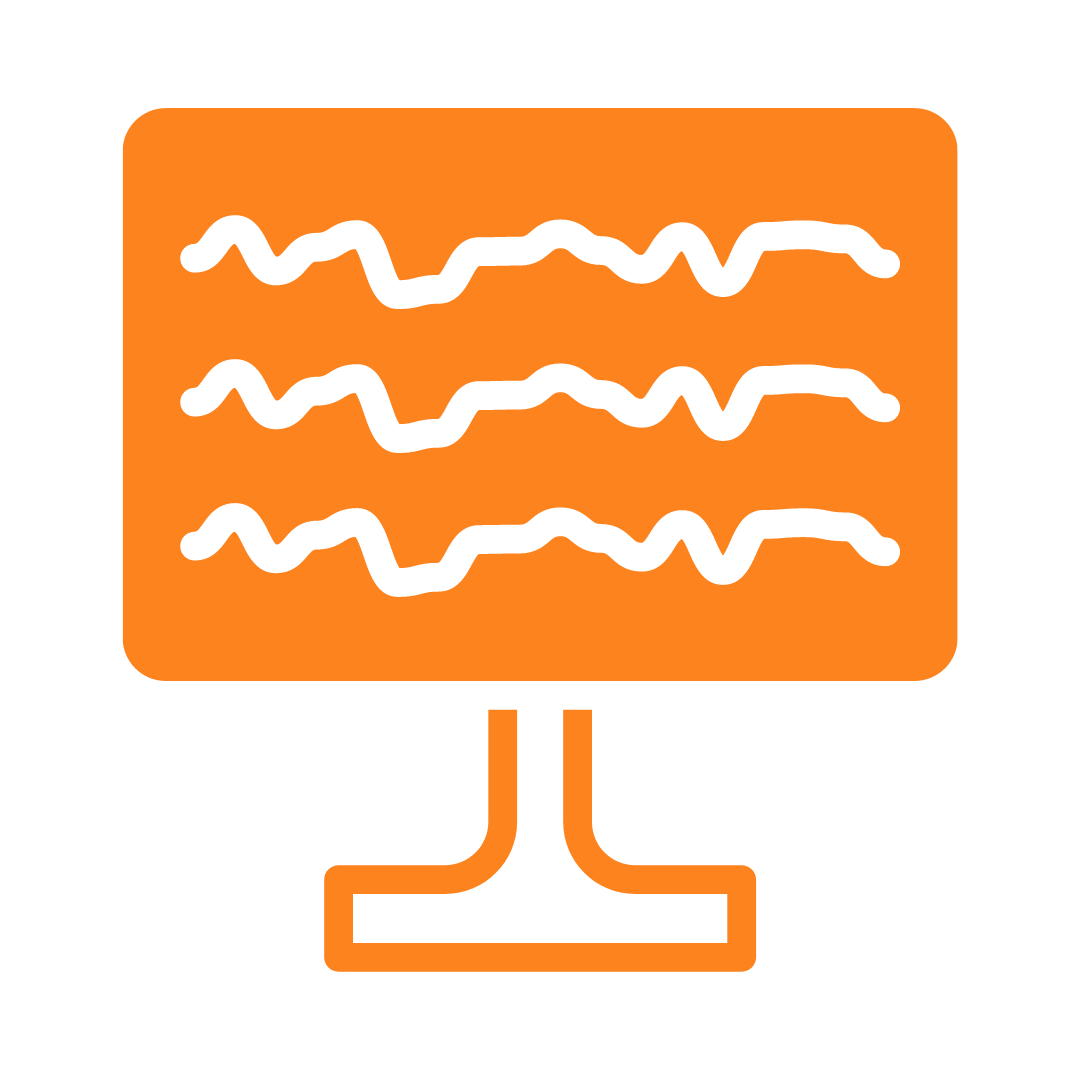
PUDENDAL NERVE EVOKED POTENTIAL
Do you know what is Electromyography?
Electromyography (EMG) is a diagnostic procedure to check if the patient has nerve dysfunction, muscle dysfunction or problems between their connection. The first part is the nerve conduction study when small electric shocks are used to stimulate the nerves; in sequence there’s the needle exam when very fine needles are inserted into different muscles.
Many different symptoms can then be investigated: muscle weakness or wasting; paralysis in the limbs; persistent pain, numbness, tingling in the feet, legs, arms, or hands; imbalance; loss of fine motor control; some movement disorders and even urinary or fecal dysfunction. Therefore, lots of conditions can be diagnosed by using EMG.
Have you ever heard about Pudendal Nerve Evoked Potential?
The pudendal nerve is the main nerve of the perineum. If damaged, loss of sensation, sexual and bladder dysfunction and fecal incontinence may result.
Pudendal nerve evoked potential is a test that provides an objective mean of investigating these problems.
CREDENTIALS







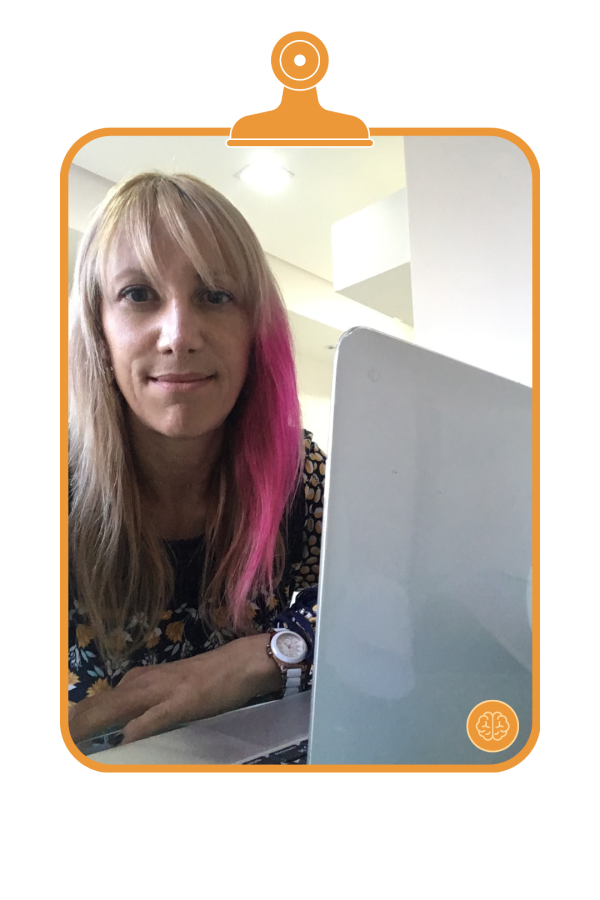
Take a look at our place
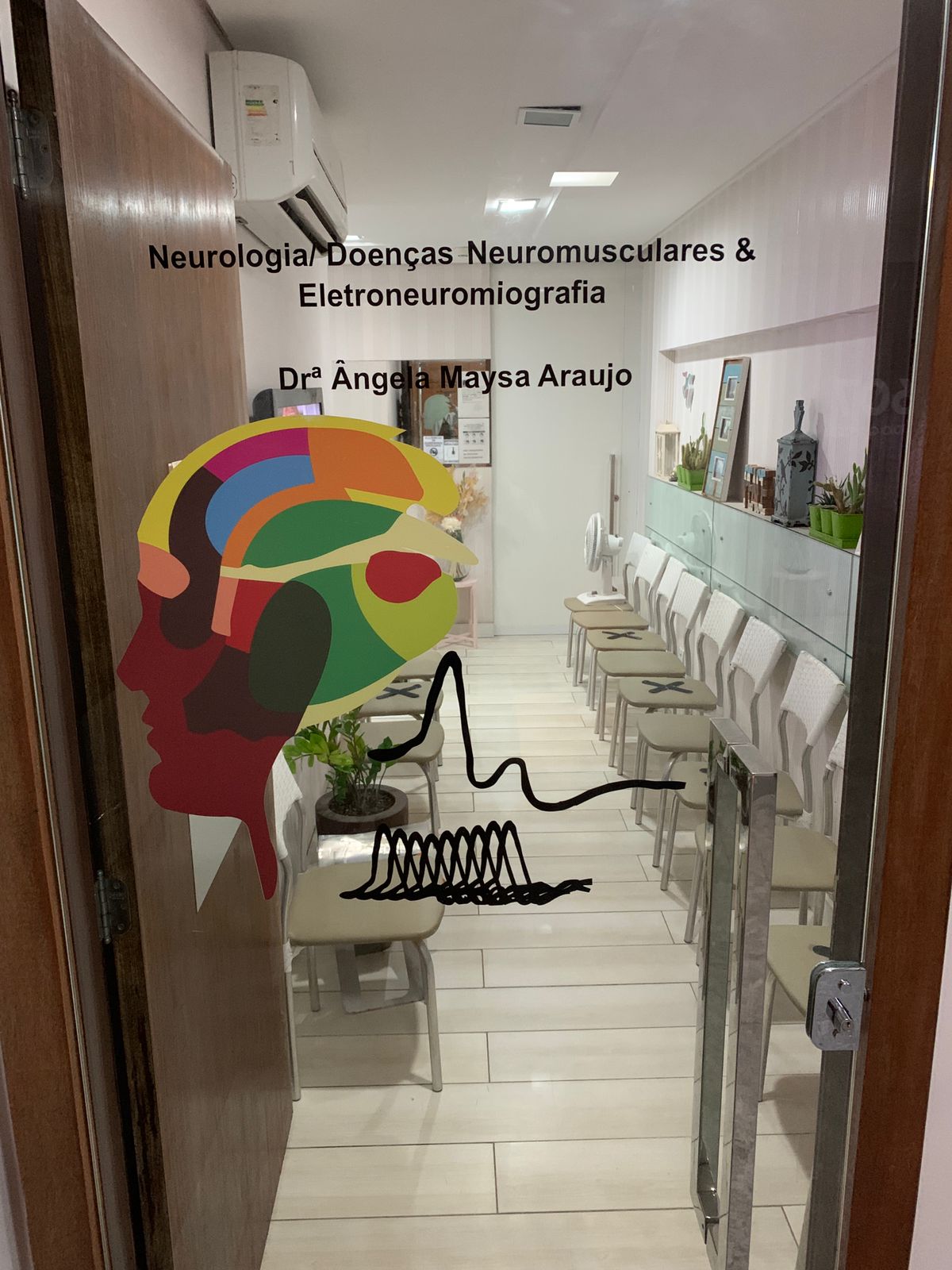
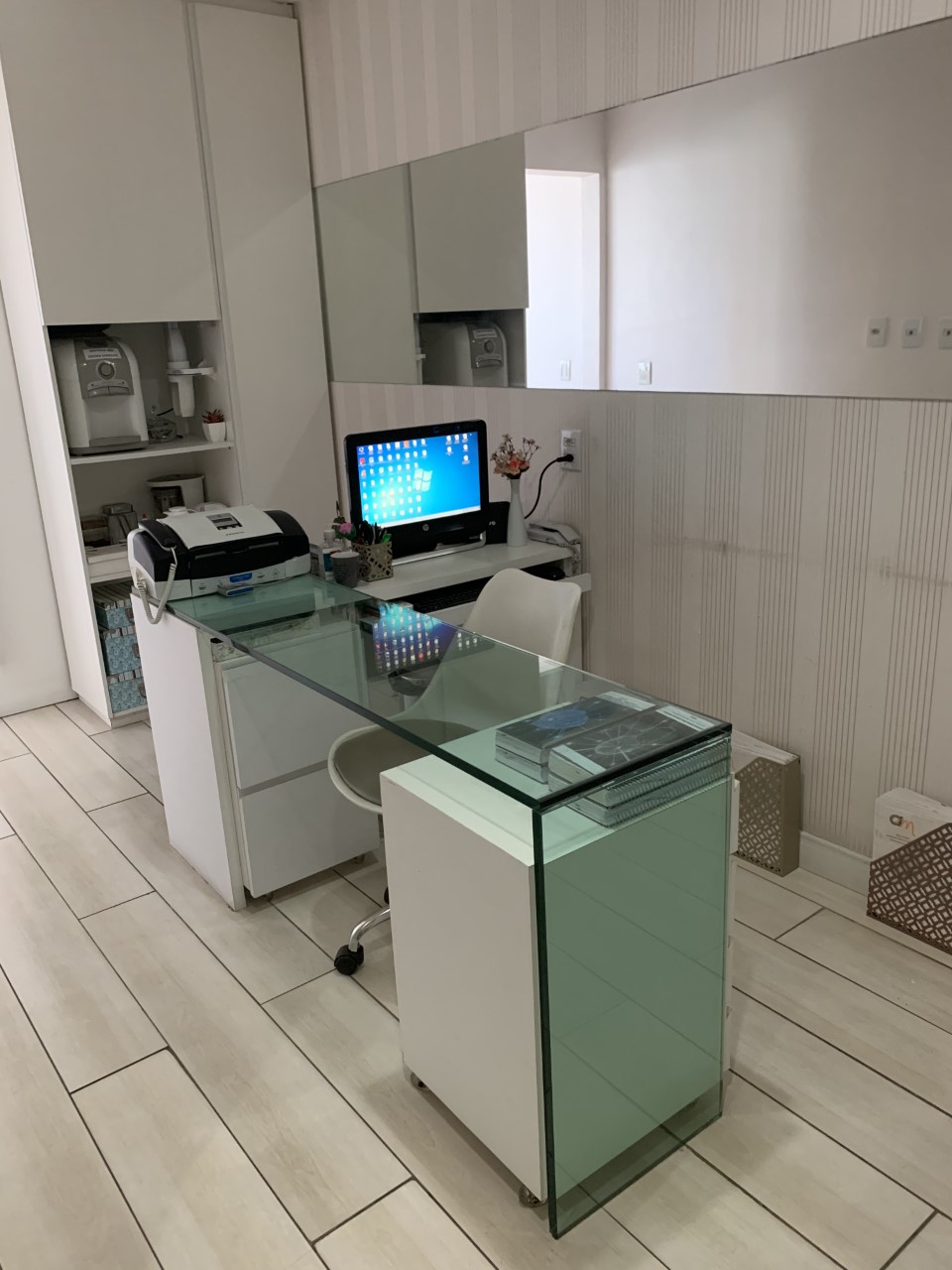

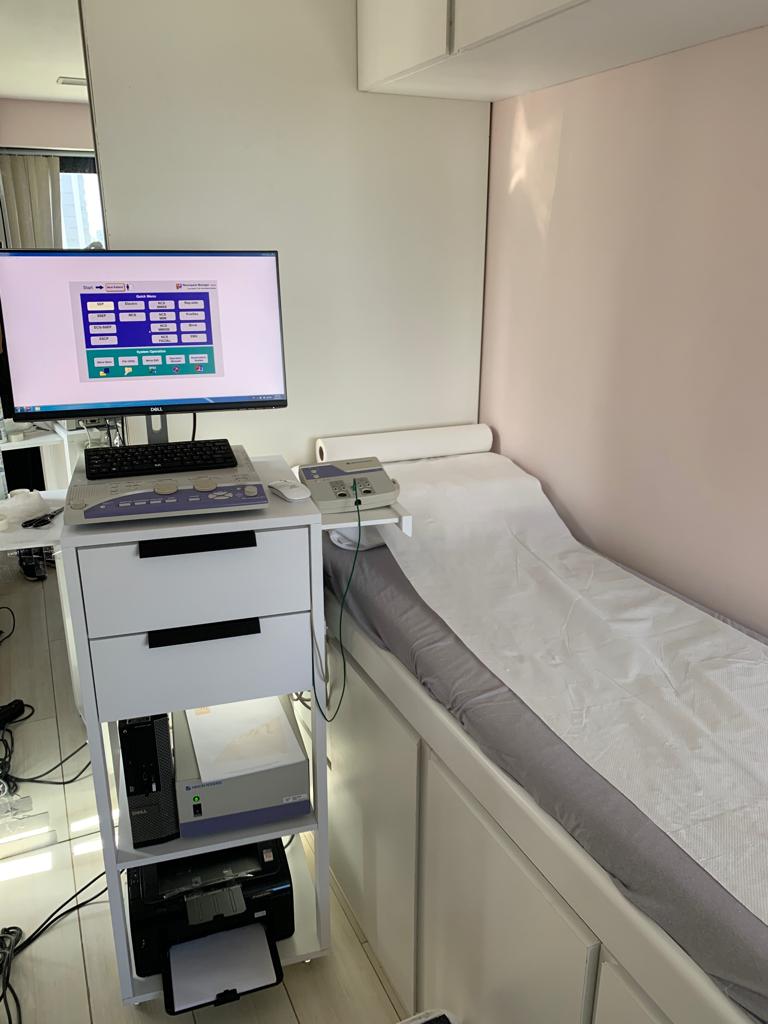
Schedule Your Service
In-person services (consultations or exams): (81) 3222-10101 / WhatsApp: (81) 99216-6452
Virtual Consultations (consultations via Telehealth): WhatsApp: (81) 99473-3994
Home care
Service available in four languages:
![]() Portuguese
Portuguese ![]() English
English ![]() French
French ![]() Spanish
Spanish
Address
R. Gen. Joaquim Inácio, 830 – Ilha do Leite, Recife – PE, 50070-270, Brasil
Contact
![]() (81) 3222-1010
(81) 3222-1010
![]() (81) 99216-6452
(81) 99216-6452